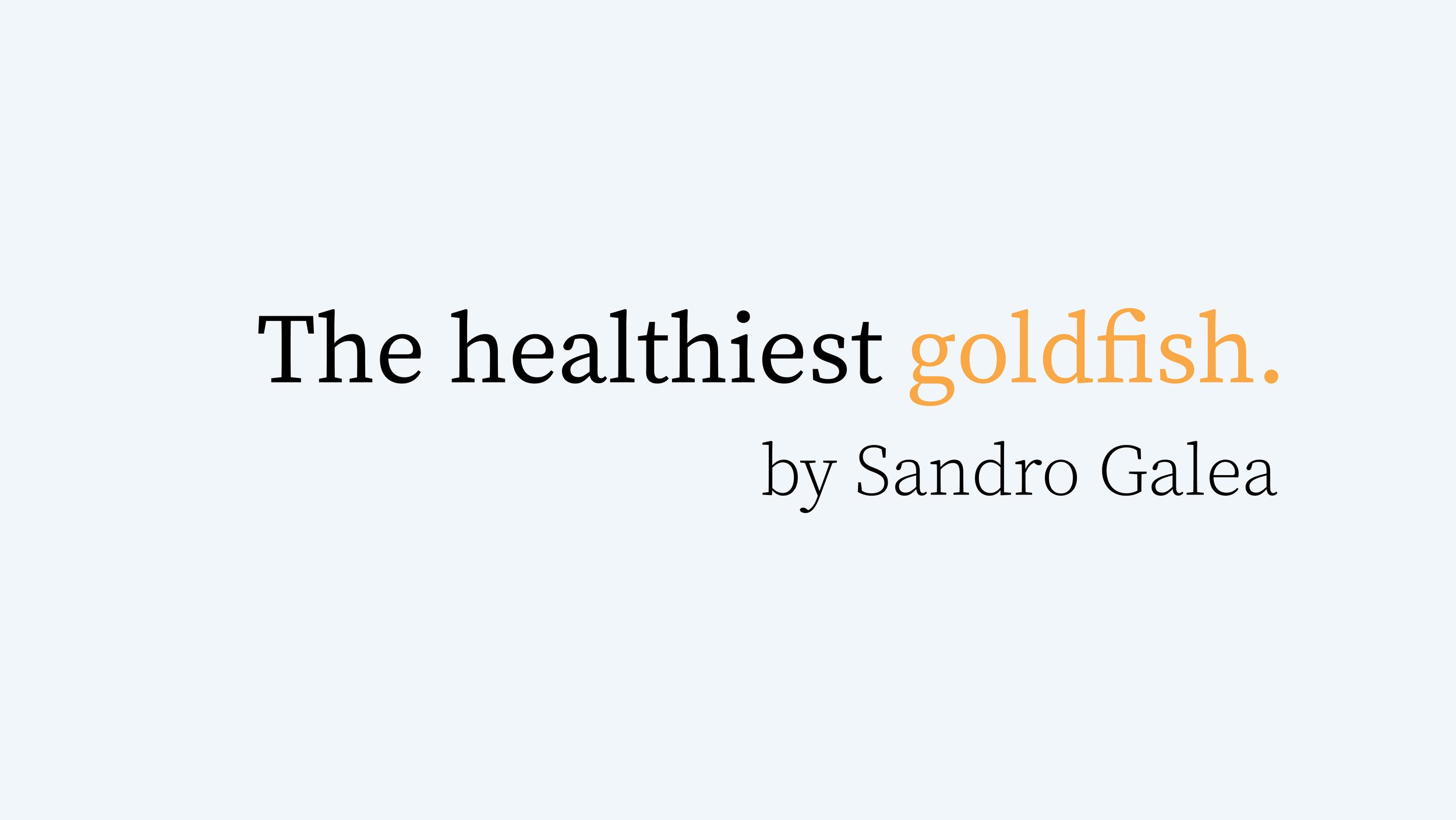There is abundant evidence both that having diverse teams increases creativity and productivity, and that science is not as diverse as it could and should be. Much like many endeavors that have been the province of the privileged, science has long been overrepresented with persons from majority groups, and from higher socioeconomic classes. In some respect, science is what you can do if you can afford to spend the years in a lengthy (and often expensive) education, and then engage in a field that probably does not remunerate you as much as other fields might if one applied the same aptitude and education. This has created problematic lack of diversity and of representation among scientists, and almost certainly science has suffered as a result.
The good news is that the lack of diversity among scientists has been amply noted in the past decade and substantial efforts are underway to diversify fields, to ensure that persons engaged represent much better the societies within which science operates. We are optimistic that we are headed in the right direction.
Read more here.





